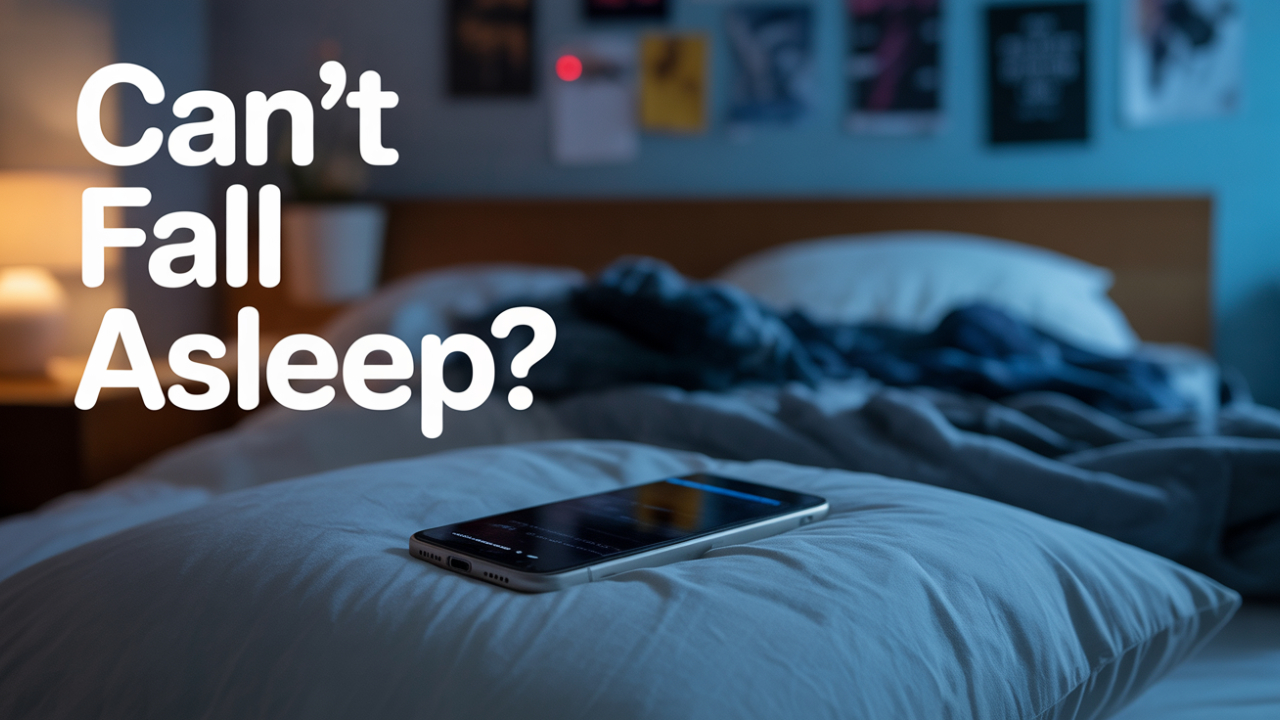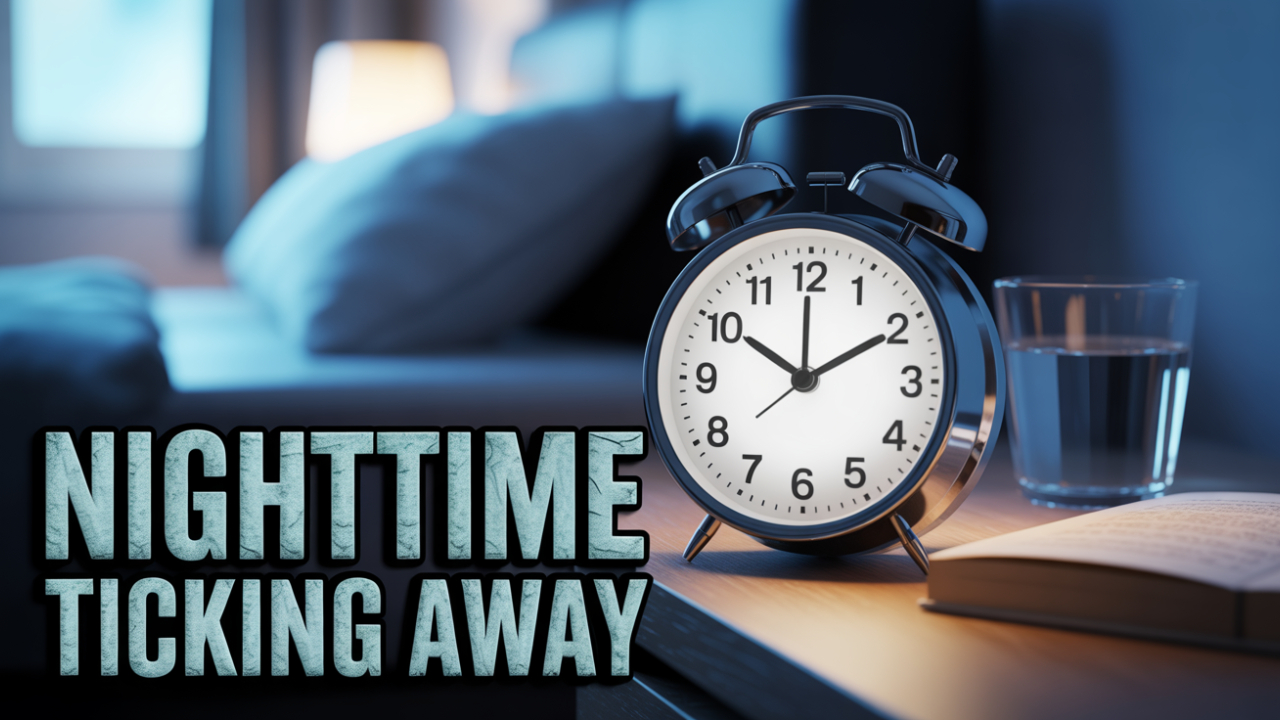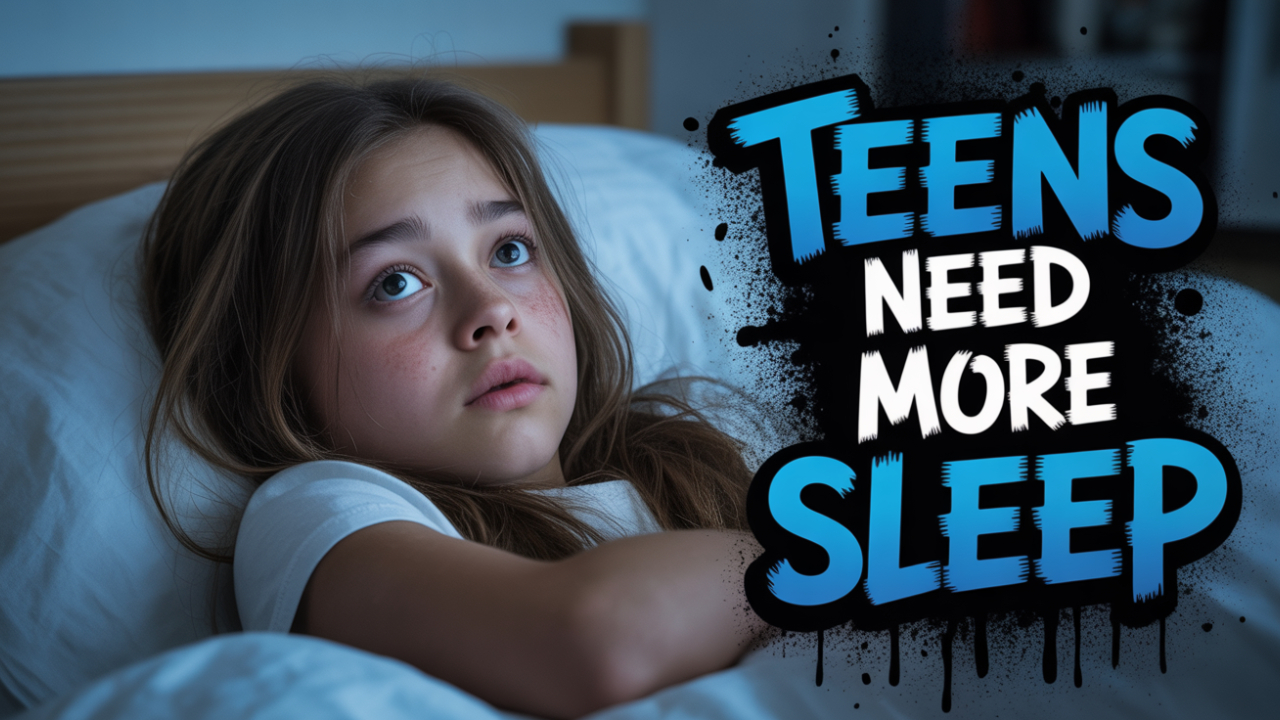Signs of Insomnia in Teens
Sleep plays a critical role in a teenager’s health, mental health, and overall development. Yet, many teens struggle to get the rest they need. Insomnia is a common sleep disorder that can disrupt a teen’s circadian rhythm, mood, and energy. It can also increase the risk of anxiety, depression, and other mood disorders.
Understanding the signs of insomnia in teens helps parents take early action and seek help from a health professional. At Adolescent Mental Health in Orange County, California, we help families address sleep problems and improve teen well-being. Below are the top signs of insomnia in teens and what parents should know.
Why Sleep Matters for Teens
Teens need about 8 to 10 hours of sleep each night. Sleep supports the brain, hormone regulation, cognitive behavioral therapy for insomnia outcomes, and overall health. Chronic sleep deprivation can lead to fatigue, poor attention, irritability, headache, and even cardiovascular disease, diabetes, or obesity later in life.
Factors like late-night screen time, homework, peer pressure, stimulant use, pain, and natural puberty changes in the circadian rhythm make it harder for teens to sleep well. Recognizing these risk factors early is important for healthy development.

What Is Insomnia?
Insomnia is a sleep disorder marked by difficulty falling asleep, staying asleep, or waking up too early with persistent wakefulness. Teens may experience short-term or chronic insomnia due to stress, anxiety, depression, medication side effects, restless legs syndrome, substance abuse, or poor sleep hygiene.
Untreated insomnia can lower mood, reduce attention, and weaken stress management skills, creating a cycle of poor sleep and poor mental health.
Top Signs of Insomnia in Teens
These are the most common signs your teen may have insomnia:
1. Difficulty Falling Asleep
Your teen may lie in bed for an hour or more, experiencing racing thoughts, anxiety, or discomfort from conditions like asthma, pain, or restless legs syndrome.
2. Frequent Night Wakings
Waking up multiple times during the night reduces sleep quality. Teens may complain their mattress, bedroom, or clock light keeps them awake, or they feel compelled to check their phone, increasing screen time.
3. Waking Up Too Early
Early morning awakenings leave teens feeling groggy, with low energy, mood swings, and headache.
4. Daytime Fatigue and Sleepiness
Teens may feel fatigue, fall asleep during homework, take a long nap after school, or rely on tea, caffeine, or other stimulants to stay alert.
5. Irritability and Mood Changes
Chronic insomnia can make teens irritable, emotional, and prone to mood disorder symptoms like depression and anxiety.
6. Poor Attention and Memory
Poor sleep impairs psychology-related functions such as attention, behavior, memory, and decision-making. Teens with attention deficit hyperactivity disorder are especially sensitive to sleep deprivation.
7. Worry About Sleep
Some teens develop anxiety over bedtime routines, dread going to bed, or fixate on sleep-related information, which worsens insomnia.

How Insomnia Impacts Mental Health
Sleep problems and mental health are closely linked. Insomnia can worsen mood disorder symptoms, increase stress, and heighten the risk of substance abuse or drug use as a coping mechanism.
Chronic sleep deprivation is also linked to cancer, obesity, hypertension, diabetes, and even menopause symptoms later in life.
What Parents Can Do
If you see signs of insomnia, here are steps to help your teen:
Promote Healthy Sleep Habits
Set regular bedtime and wake-up times to regulate the circadian rhythm and clock.
Reduce screen time an hour before bed.
Encourage a comfortable bedroom environment with a good mattress, low light, and quiet.
Limit drink and meal intake before bedtime, avoid heavy diet or sugary foods, and promote a healthy diet.
Teach Relaxation Techniques
Mindfulness, meditation, yoga, and deep breathing can calm the mind, improve mood, and prepare the brain for sleep.
Manage Stress
Talk about peer pressure, homework, and other stressors. Help your teen develop stress management skills.
Seek Professional Help
If symptoms persist, consult a physician or psychiatry specialist. At Adolescent Mental Health, we offer cognitive behavioral therapy for insomnia, therapy for mood disorders, and strategies for better sleep hygiene.
How Adolescent Mental Health Can Help
At Adolescent Mental Health in Orange County, we support teens struggling with insomnia and related challenges. Our team of health professionals provides therapy to address anxiety, stress, mood disorders, and substance abuse that may contribute to insomnia.
We use tools like polysomnography, validated measures like the Pittsburgh Sleep Quality Index, and evidence-based approaches like cognitive behavioral therapy for insomnia to assess and treat sleep issues.
We also teach teens and families about sleep hygiene, healthy habit formation, and the role of physical activity and hormone balance in sleep.
Final Thoughts
Insomnia in teens is more than lost sleep — it affects health, mood, attention, and long-term well-being. By identifying the risk factors, promoting good hygiene and habits, and working with a health professional, you can help your teen get back on track.
If your teen struggles with sleep or mental health, contact Adolescent Mental Health in Orange County today. Together, we can improve your teen’s sleep, restore energy, and strengthen their ability to manage emotion, behavior, and daily life.
Frequently Asked Questions
1. What causes insomnia in teenagers?
Several factors can cause insomnia in teens. Common causes include stress, anxiety, depression, late-night screen time, irregular bedtime routines, and natural changes in the circadian rhythm during puberty. Physical conditions such as pain, asthma, or restless legs syndrome can also interfere with sleep. In some cases, medication, stimulant use, or poor sleep hygiene contribute to ongoing sleep problems.
2. How does insomnia affect a teen’s mental health?
Insomnia often worsens mental health conditions like mood disorders, anxiety, and depression. Lack of sleep can increase irritability, reduce attention, lower energy, and impair emotional regulation. Long-term sleep deprivation is linked to higher risk of substance abuse, obesity, and other health issues. Helping your teen establish healthy sleep patterns supports both their emotional and physical health.
3. What is the best treatment for teen insomnia?
Treatment depends on the cause of insomnia. Many teens benefit from cognitive behavioral therapy for insomnia (CBT-I), which teaches better sleep hygiene, reduces negative sleep-related thoughts, and improves behavior around sleep. A health professional may also recommend relaxation techniques like yoga, meditation, and stress management strategies. In rare cases, short-term use of melatonin or other medicine under a physician’s guidance may help.
4. When should I seek professional help for my teen’s insomnia?
If your teen’s sleep problems last more than a few weeks, affect their daily mood, attention, or school performance, or cause significant distress, it’s time to consult a health professional. A physician or therapist can help identify any underlying mental health conditions and create a personalized treatment plan. At Adolescent Mental Health, we offer therapy and support to help teens improve sleep and emotional well-being.









